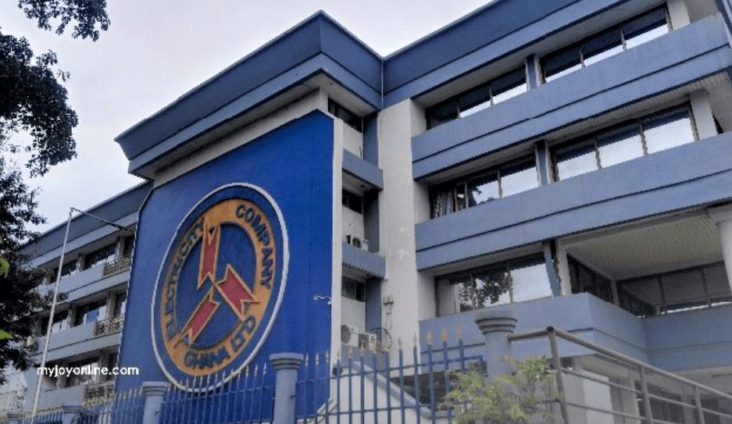The ECG budget blowout oversight failure has caused serious concern among Ghanaians. The Electricity Company of Ghana (ECG) overspent its approved budget by GH¢189.2 million. This issue, revealed during a Public Accounts Committee (PAC) hearing, has raised major questions about the company’s financial discipline and internal controls.
According to the Auditor-General’s 2024 report, ECG spent GH¢333 million instead of the approved GH¢144 million. Moreover, several spending categories saw dramatic increases. Staff fuel expenses rose from GH¢2.8 million to GH¢3.6 million. In addition, communication costs jumped from GH¢4.2 million to GH¢7.9 million. Consultancy spending climbed from GH¢40 million to GH¢58.6 million, while industrial relations costs rose sharply from GH¢2 million to GH¢13 million. Furthermore, stakeholder engagement costs surged from GH¢3.1 million to GH¢49 million, and publicity expenses increased from GH¢5.7 million to GH¢21.8 million. As a result, overall spending far exceeded what had been planned.
Members of the Public Accounts Committee strongly condemned the excessive spending. They argued that it clearly reflected financial indiscipline and weak supervision. Ranking Member Samuel Atta Mills emphasized that such conduct violated financial management laws. Therefore, he insisted that those responsible should be prosecuted under Section 96 of the Public Financial Management Act (Act 921).
Consequently, the situation has reignited public debate about accountability in state institutions. ECG’s actions have seriously damaged public trust. Many consumers, already frustrated by high electricity costs and unreliable service, now see this overspending as unacceptable. In fact, it reinforces the perception that state institutions often operate without proper oversight.
However, experts believe the problem goes beyond ECG. It reflects broader weaknesses in financial governance across public enterprises. To prevent future cases, strong oversight systems and transparent auditing practices are essential. Additionally, regular financial reviews can help detect early signs of budget mismanagement.
In conclusion, ECG’s GH¢189 million overspending highlights the urgent need for better fiscal control and accountability. Therefore, the Public Accounts Committee’s findings must lead to lasting reforms. Only through transparency and discipline can ECG and other public agencies restore confidence and safeguard public resources.
#AhmedGTS










